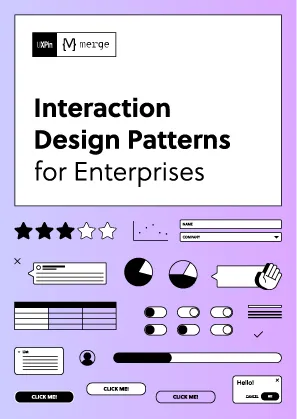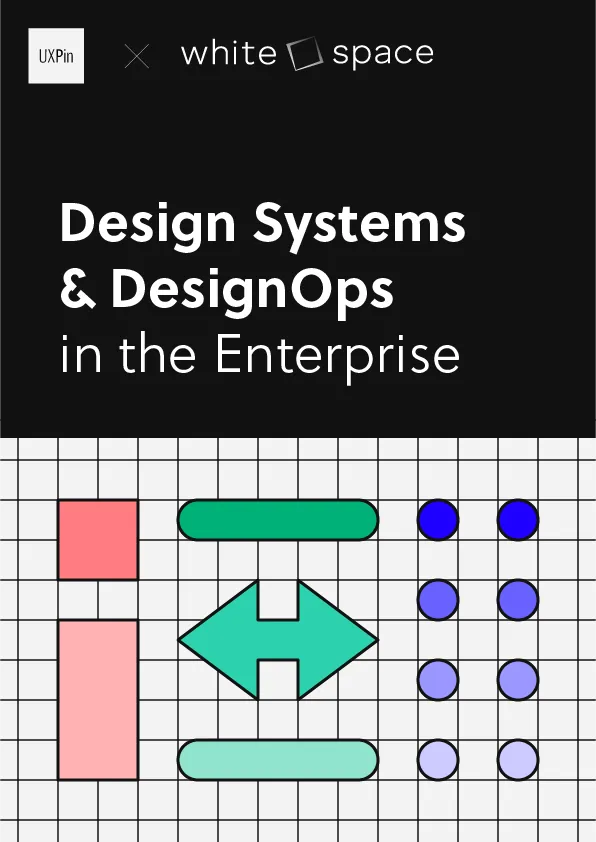A relatively new discipline, UX design is greatly influenced by psychology, business, and architecture.
UX does not live in a vacuum.
As a psychologist-turned-designer-turned-entrepreneur, I’d like to share with you all the books that helped define my current approach to UX strategy and process. As I’ve learned in the past 6 years since cofounding UXPin, the right design solution is rarely linear – you might achieve surprising breakthroughs when you attack a problem from a completely new angle.
Here’s my favorite non-UX books for UXers.
Table of Contents
- Psychology
- Philosophy
- Marketing/Sales:
- Architecture:
- Industrial Design:
- Business/Strategy:
- My Top 5 of All Time Picks
- Psychology: Cognitive Psychology: Connecting Mind, Research and Everyday Experience
- Philosophy: Tractatus Logico-Philosophicus
- Marketing: Neuromarketing: Understanding the Buy Buttons in Your Customer’s Brain
- Industrial Design: Keep It Simple: The Early Design Years of Apple
- Business: Good Strategy Bad Strategy: The Difference and Why It Matters
Psychology
1. The Feeling of What Happens: Body and Emotion in the Making of Consciousness
2. Who’s in Charge?: Free Will and the Science of the Brain
3. Cognitive Psychology: Connecting Mind, Research and Everyday Experience
4. A Whole New Mind: Why Right-Brainers Will Rule the Future
6. Thinking, Fast and Slow: Daniel Kahneman
7. Human Information Processing: An Introduction to Psychology
8. Influence: The Psychology of Persuasion, Revised Edition
9. The Power of Habit: Why We Do What We Do in Life and Business
Philosophy
1. Elbow Room: The Varieties of Free Will Worth Wanting
2. The Conscious Mind: In Search of a Fundamental Theory
3. The Mystery of Consciousness
4. Tractatus Logico-Philosophicus
Marketing/Sales:
1. Neuromarketing: Understanding the Buy Buttons in Your Customer’s Brain
3. Traction: A Startup Guide to Getting Customers
Architecture:
Industrial Design:
1. As Little Design as Possible
3. Keep It Simple: The Early Design Years of Apple
Business/Strategy:
1. The Entrepreneur’s Guide to Customer Development: A cheat sheet to The Four Steps to the Epiphany
2. Good Strategy Bad Strategy: The Difference and Why It Matters
3. The Hard Thing about Hard Things
4. Only the Paranoid Survive: How to Exploit the Crisis Points That Challenge Every Company
5. Scaling Up: How a Few Companies Make It…and Why the Rest Don’t
My Top 5 of All Time Picks
And to make it easier for you, here’s the top 5 I’d start with.
Psychology: Cognitive Psychology: Connecting Mind, Research and Everyday Experience
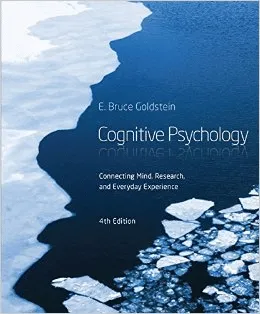
Understanding human cognition is an essential to designing optimize solutions. This book by Goldstein is a decent introduction to the subject.
Philosophy: Tractatus Logico-Philosophicus
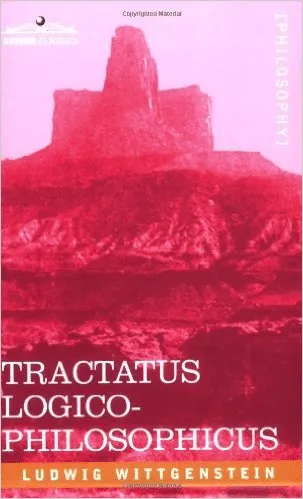
Being a great UX designer requires a great thought discipline, organization and intellectual honesty. Tractatus is a demanding lecture, but there’s no better example of pure logic applied to the thought process.
Marketing: Neuromarketing: Understanding the Buy Buttons in Your Customer’s Brain
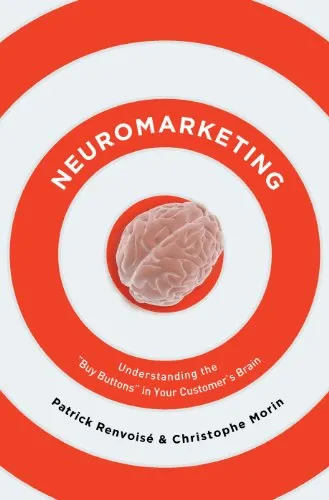
I use Morin’s framework almost every day. This is by far my favorite, and the most practical, book about the psychology of social influence.
Industrial Design: Keep It Simple: The Early Design Years of Apple
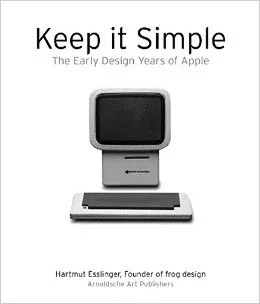
This book helps us digital designers, understand how industrial designers build truly mature design systems and how prototyping empowers them to quickly churn through multiple iterations.
Business: Good Strategy Bad Strategy: The Difference and Why It Matters
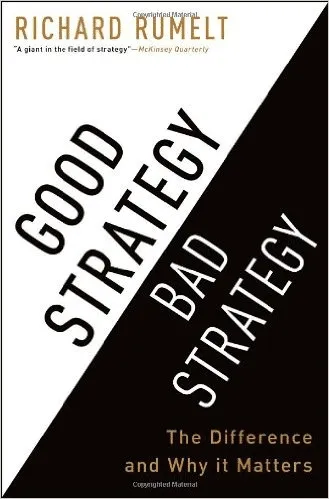
Great and pragmatic lesson in building a strategy. Framework described by Rumel can (and should!) be applied to any product strategy.
Hope this list is helpful! Like I mentioned in the beginning, don’t limit your knowledge and influence to only the world of digital design. And when you do return for more direct UX advice, we’ve got you covered – check out some of my favorites from our free e-book library created and maintained by active designers.

